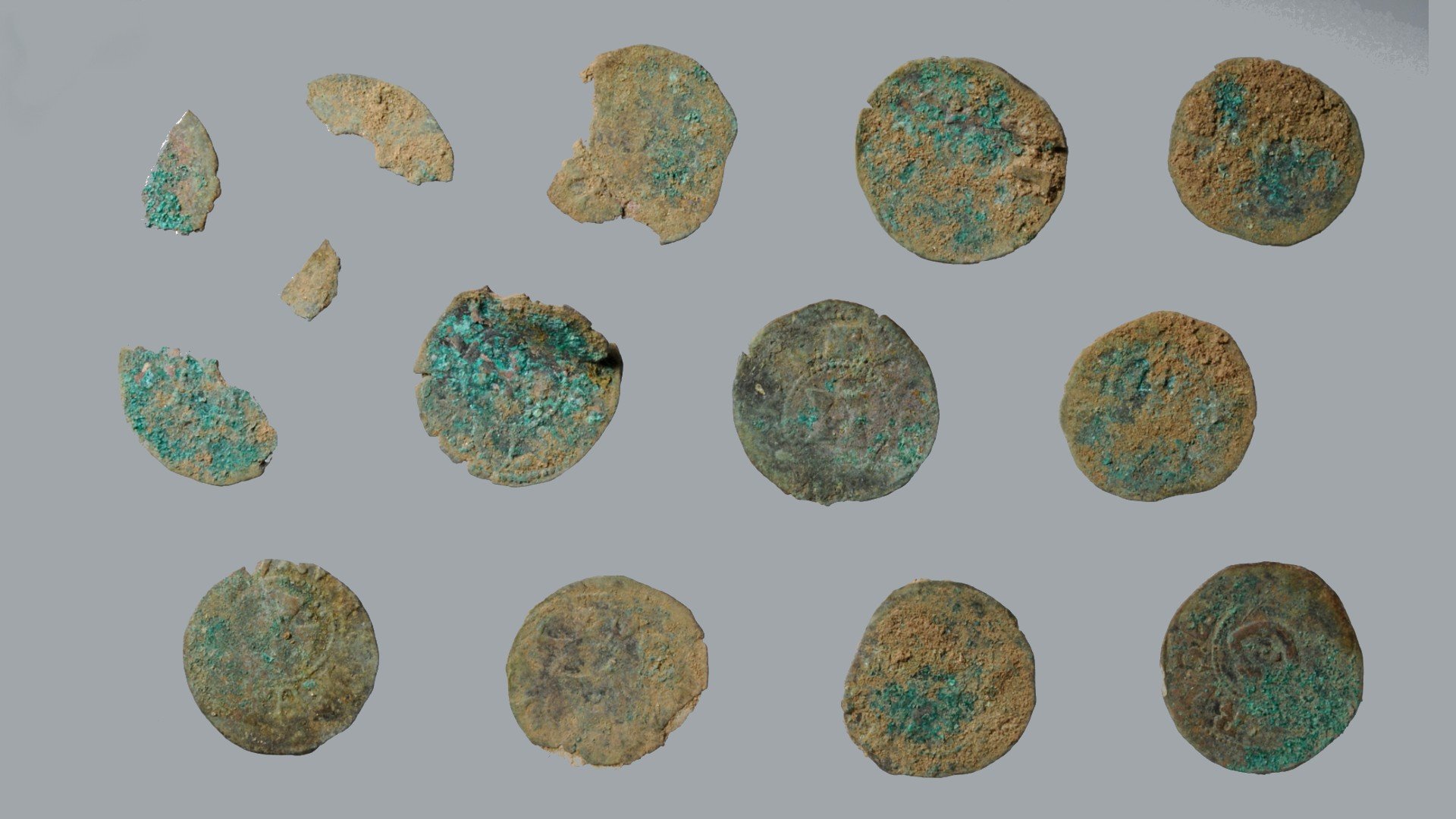A trainee metal detectorist in northern Germany recently discovered an 800-year-old treasure of gold jewelry and silver coins that provides evidence of the region's trading connections, which surprised his mentor.
The massive trove was filled with a stunning array of objects.
A gilded pseudo-coin brooch, two gold finger rings with semi-precious stone inlays, a ring fragment, a small, formerly gilded perforated disc, a ring brooch, and roughly 30 silver coins, some of which were severely shattered, made up the trove.
The site of the discovery is Schleswig-Holstein, specifically the Haithabu area, which was important to trade between the eighth and 11th centuries and was destroyed around 1066, ending the Viking era in the region.
The hoard suggests that it was buried after 1234 and was a combination of Danish coins and western Mediterranean jewelry.
It is unclear whether these items were personal property or stolen, meant for someone else, or buried for ritual reasons. The discovery of hoards is rare in Schleswig-Holstein, and the area had an extensive north-south and east-west trade network since the early Middle Ages.










